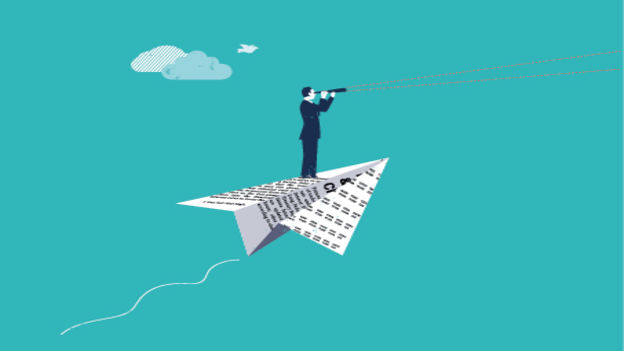Best People Practices – Part 2: Developing People Managers

This is the era of people managers, who not only essentially manage work, but also facilitate the growth and development of their team members
This is the era of people managers, who not only essentially manage work, but also facilitate the growth and development of their team members. In this category, we set to assess the practices that are aimed at facilitating of the development people managers, in turn empowering them to create stronger teams. Creating strong people managers not only enables the idea of an open environment, but also enhances output. There is a clear and direct correlation between the development of people managers and business results. The featured organizations in this category are: DHL Express (India) Pvt. Ltd, Federal Express Corporation and American Express India.
American Express has a well-established Leadership Competency framework, which highlights typical behaviors that every People Leader at American Express is required to exhibit. Every employee gets an “L” rating and a “G” rating. “L” rating highlights the potential of an employee to move vertically and take up people leadership roles. Additionally, above a certain Band, Potential assessment is done through specific scientific tools. The G rating is goal based. Subsequently, each employee is plotted on a 9-Box Grid (Performance v/s Potential), which forms the basis for all Career Progression related decisions.
Every employee is expected to improve his/her performance and capability year on year and hence development plans are created to help employees achieve their business and personal goals. Besides the segmented approach to development, they also have a tiered approach towards providing targeted and sequenced learning based on the career stage of the individual, which includes aspects from aspiring leaders, first level leaders and leaders of DHL’s idea is to groom and develop employees from within the organization and transition them into leadership roles. Every employee fills a career aspiration form, where he/she details the functions/roles that the employee aspires to work in. There is a formal process of identification of high potential employees and roles that are critical for business success called ‘Talent Panel’.
The idea behind the initiative is to identify individuals who can respond to diverse kinds of assignments and conditions. The Panel provides feedback to the employee while chalking out his Individual Development Plan (IDP) and ensures that the employee is working towards his next goal. Career paths are defined for each individual and it gives visibility to an employee where in the organization do they stand.
They also get the required skills and competencies required for each role. Managers are encouraged to have career conversations with each employee and play a supportive role in developing the employee for the new role.
DHL Express takes leadership development very seriously. The Certified International Management program is the flagship program for developing people managers. They developed managers according to a well-defined framework 70-20-10, which states that 10 per cent of our people development comes through formal training; 20 per cent through line manager coaching and feedback and 70 per cent through challenging assignments back at work. The CIM program is delivered through the senior management team. In fact, 45 per cent of the learning & development budget is allotted to developing people managers.
At FedEx, they have instituted a special workshop called ‘Is Management for Me?’ for employees to help decide if a career in FedEx management is a desirable and realistic option for them. Through the workshop, team members who are interested in management roles build aware-ness on what is expected of them to transition from a non-management role to a management role.
Post the workshop, the candidates must go through a comprehensive management development program called i-LEAD followed by a panel evaluation for management candidature readiness. This program is mandatory if internal employees are applying for a managerial post. Coaches are also an integral part of the i-LEAD program. There is also equal emphasis on subject matter experts as well.











